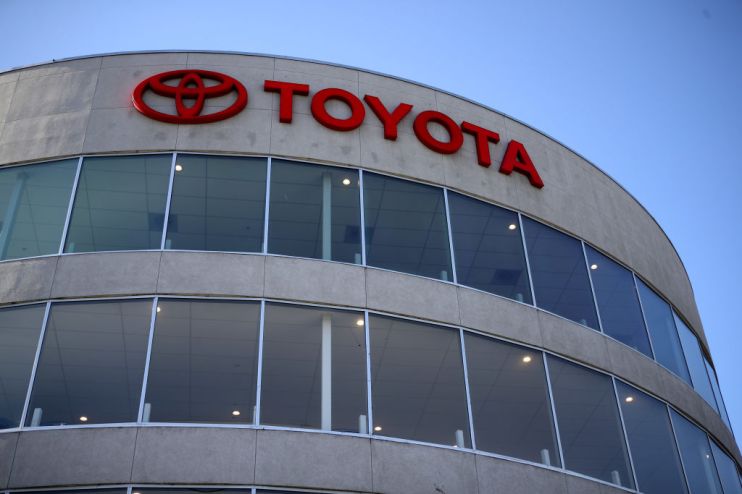Toyota chair under pressure as proxy adviser urges shareholders to vote against board reappointment

Toyota came under pressure over the weekend as proxy advisers urged shareholders to back calls to improve the automaker’s disclosure of climate-related lobbying, and vote against the reappointment of its chair as a director.
On Friday, US-based proxy adviser Glass Lewis recommended that Akio Toyoda, who stood down as president and CEO in January and is widely considered one of Japan’s most powerful business leaders, should not be reappointed due to a shortage of independent directors at the firm.
The proxy adviser claimed that only three of Toyota’s 10 nominees for the board were independent, with its usual requirement being at least one in three.”
Glass Lewis’s report stated “we recommend that shareholders voice their concerns about this issue by voting against nominee Akio Toyoda, chair of the board, who we believe should be held accountable for allowing insufficient independent representation.” The firm also recommended shareholders vote against three nominees for auditors, citing further independence concerns.
Later in the weekend, a separate proxy adviser, Institutional Shareholder Services (ISS), urged shareholders to vote in favour of resolutions that would push the Japanese automaker to improve its disclosure of climate-related lobbying.
That recommendation came amid increasing pressure on Toyota from its green investors and climate activists, to embrace electric vehicles at quicker speeds, to avoid falling behind its rivals.
“Toyota does not provide shareholders with enough information to evaluate its lobbying activities,” the ISS said. “Shareholders would benefit from the company disclosing information about direct, indirect and grassroots lobbying in the various regions where it operates.”
The pressure from both US-based proxy advisers comes ahead of the company’s annual shareholder meeting on June 14 and at a time of big change for corporate governance in Japan.
Toyota did not respond to a request for comment. The firm has disputed the findings in Glass Lewis’s report.
Guy Taylor and Reuters